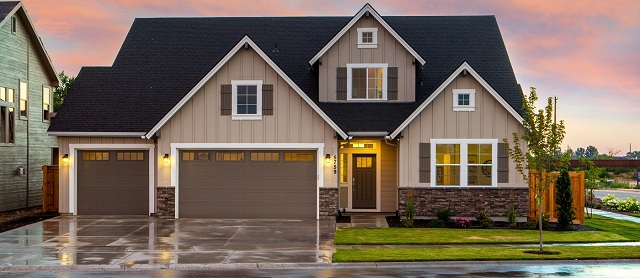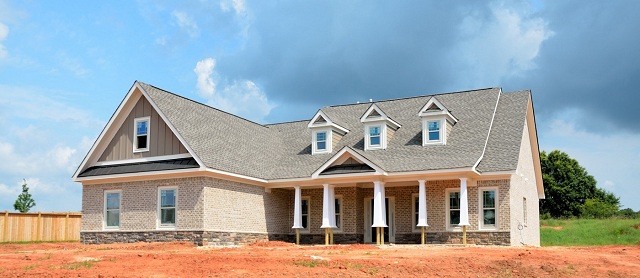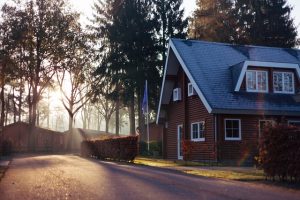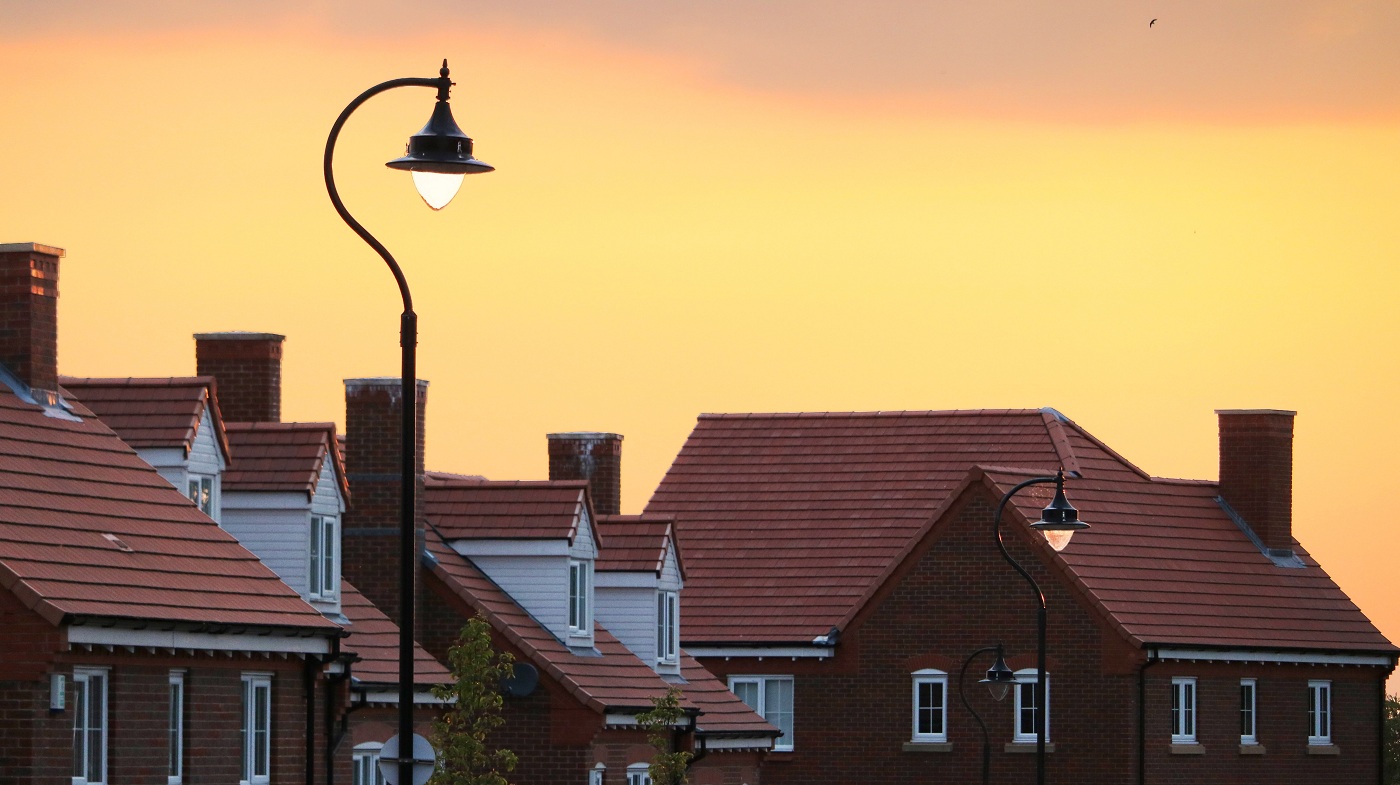Waterproofing a house is a task that must be done on average every seven years, depending on the materials and the product used, this is intended to keep it in good condition and prevent incidents that make it uninhabitable.
 |
 |
It is easy to distinguish indicators that determine the need for immediate maintenance of the property, such as: peeling paint, moisture zones, cracks, or expansions in the walls and finishes.
In addition to eliminating moisture, which can cause health problems such as asthma and allergies, waterproofing is one of the most effective methods to reduce high temperatures inside the property. Certain waterproofing makes the sun’s rays reflect repelling up to 75% of the solar heat and reducing the energy consumed by the use of air conditioners, fans, among others.
On the other hand, waterproofing products contain a base that acts as a sealant and prevents the passage of water, they are ideal for retaining leaks and leaks that are not visibly identifiable, but that little by little create large effects on the structure of the house.
 In the market, there are different waterproofing materials and techniques; some are more effective and durable than others. If you are planning to waterproof your home, consider the following recommendations.
In the market, there are different waterproofing materials and techniques; some are more effective and durable than others. If you are planning to waterproof your home, consider the following recommendations.
Waterproofing our home is a task that must be performed every certain period of time, depending on the quality of the waterproofing, maintenance frequency, structural movement, etc. Here are some tips to waterproof your home.
Check The Needs Of Your Home
The main purpose of waterproofing, as we know it is to prevent the passage of water, in the market we can find waterproofing to cover different needs.
On the one hand, we have acrylic waterproofing that usually tends to be white, reduces the sun’s rays that impact the property.
Benefits Of Acrylic Waterproofing
Finally, we have asphaltic coat waterproofing; these are resistant to traffic; that is, if your roof is of traffic or medium to heavy traffic, they better withstand friction.
Invest In Quality
According to experts, the most effective waterproofing agents are:
- Asphalt

- Nanotechnological
- Polymers
- Acrylics
- Waterproof exposed areas.
The roof is not the only area for waterproofing; it should be taken into account that other areas are vulnerable to seepage, humidity, and exposure to climatic changes, such as:
External Walls
- Roofs
- Soils
- Slabs
- Basements
Lean On An Expert
Some waterproofing products are easy to apply and practically dry on contact. However, if you are looking for a more specialized job, such as applying asphalt waterproofing, it is advisable to hire an expert to guarantee you a good job and zero leaks.
It’s Not Just About Protecting Your Roof
In addition to the roof, waterproofing is necessary for different areas of the house that may be vulnerable to leaks, moisture, and exposure to climatic changes:
- External walls and walls: that do not have flattened or painted or are adjoining and do not have cannelloni. Give priority to walls with storm drains.
- Ceilings: taking into account decks and eaves.
- Floors: located outdoors.
- Slabs: attached to roofs and roof rails.
- Basement: if you have one, it is important to cover the entire external part.
Let your house last for many years, so get down working!

